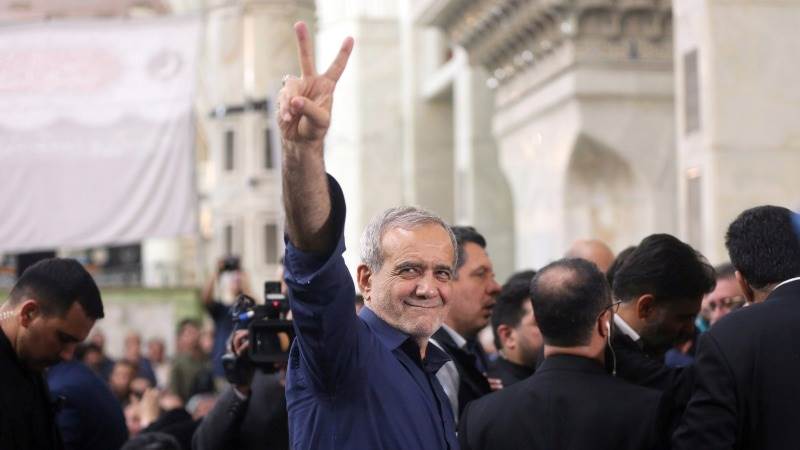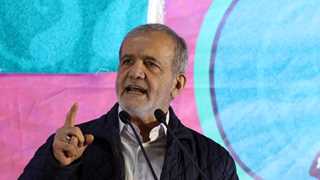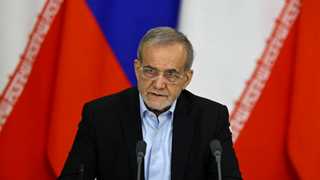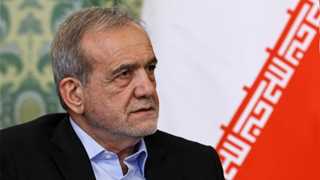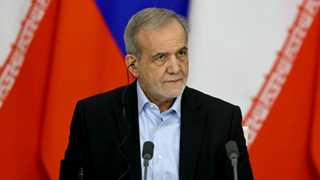Iranian people elected a new president in the runoff of the snap elections called after previous President Ebrahim Raisi died in a helicopter crash in May. Reformist Masoud Pezeshkian, a 69-year-old cardiac surgeon, defeated his hard-line conservative rival Saeed Jalili, winning 53.3% of the votes in his third attempt to become president as he withdrew his candidacy in 2011 and was barred from running in 2021.
Pezeshkian, who is set to assume the role in late July, was born on September 29, 1954, in Mahabad in northwestern Iran to an Azeri father and a Kurdish mother. He studied medicine before the 1979 Islamic revolution and provided medical assistance for wounded soldiers during the Iran-Iraq war, which lasted from 1980 to 1988. After the conflict, he specialized in cardiac surgery. However, his life was marked by a personal tragedy as he lost his wife and youngest son in a car accident in 1993. He has never remarried and raised their other three children alone.
The Iranian president-elect's political career started when he joined reformist President Mohammad Khatami's administration as deputy health minister in 1997. During Khatami's second term, he was appointed health minister and held the post until 2005. Pezeshkian represented the north-western city of Tabriz in parliament since 2008 and served as the first deputy speaker of the parliament from 2016 to 2020.
Throughout his career, Pezeshkian criticized Iran's system for its excessively strict laws and for treating protesters in a violent manner. Therefore, during his 2024 presidential campaign, Pezeshkian pledged to secure more liberties, social justice, and equal rights for all the Iranian people. He particularly focused on women's rights by promising to ease the compulsory hijab laws and criticizing the country's moral police.
Although Pezeshkian is considered a reformist politician, he voiced his support for Iranian Supreme Leader Ayatollah Ali Khamenei and expressed no intention to challenge the country's theocratic system. However, the most "reformist" promise heard in his campaign was the one linked to a kind of reopening to the West, as he insisted that it is necessary for Iran to change its approach toward Western nations in order to achieve the lifting of international sanctions and restart talks with the United States regarding the Iranian nuclear program. Concerning Israel, even Pezeshkian maintained the hard-line stance and pledged to continue to support regional resistance groups, such as Hezbollah, in their fight against the "Zionist regime."
"The difficult path ahead will not be smooth," Pezeshkian said after winning the presidency, signaling that he will first have to fight inside his own country to be able to fulfill his campaign goals, something that analysts do not see as very feasible.
